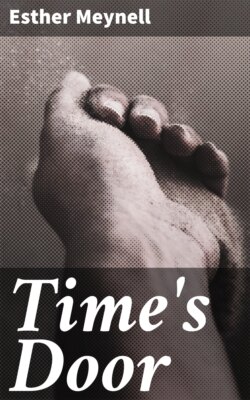Читать книгу Time's Door - Esther Meynell - Страница 19
На сайте Литреса книга снята с продажи.
XVI
ОглавлениеOne thing Paganini did which Gerda never forgot to the end of her life. He insisted on accompanying herself and Giovanni to the monastery where Luigi’s body lay and where he was to be buried. He brought his violin with him. When the three of them stood together by the side of the coffin Paganini drew his fiddle from its case and leaning a little towards Gerda whispered to her, “I will play a farewell to your dead violinist.”
What he played neither Gerda nor Giovanni ever knew—they never heard it again. It must have been made by Paganini as he stood there, his dark figure swaying over his fiddle, his head bent down, his eyes shut, as he drew forth deep and tender notes that spoke farewell—the regret, the helpless sorrow for the unreturning pilgrim to another world. The lovely air seemed to follow after Luigi with entreating hands, to stand watching, to come back at last to the left ones with some message of peace. All is well, it seemed to say. So it appeared to Gerda as she stood there, her hand in Giovanni’s, the tears falling down her face as softly as summer rain. Her first thought, when Paganini began to play, had been “Could Luigi but hear!” Her second and deeply consoling one, “He does!”
When Paganini ceased there was a moment’sFAREWELL MUSIC silence. Then to Giovanni’s amazement he handed the Guarnerius to him and said, “You must play a little farewell to your father—here is my fiddle.”
Never before had the boy been allowed to touch the sacred instrument, save to put it into its case or take it out. He took it almost timidly and looked at Gerda. Swiftly she leaned to him, “Play the last music Luigi had in his mind in this world—play the Bach St. John, ‘It is finished.’ ”
Giovanni lifted the violin, still warm from Paganini’s hand, to his chin, and with remote and tender beauty the noble patience of that melody stole into the air and hovered like a benediction over the coffin.
So was Luigi Cavatini sent to his rest.
